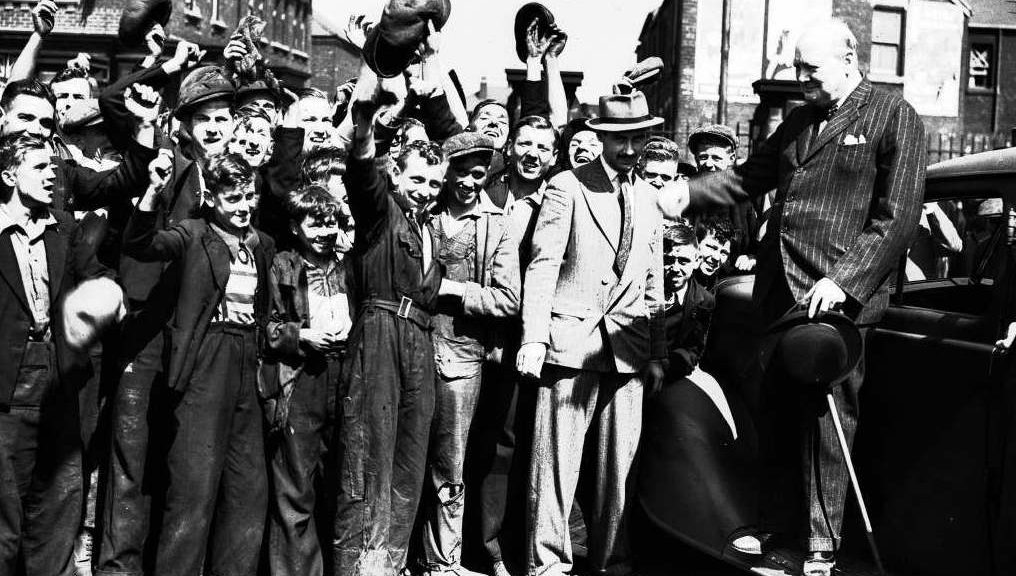
Darkest Hour: Queries and Comments with “Total Film” Magazine
Jane Crowther, editor-in-chief of Britain’s Total Film magazine, had pertinent questions about the new film Darkest Hour. They were forwarded by Lady Gilbert from the website of official biographer Sir Martin Gilbert. Alas he is gone, but Sir Martin’s inspiration continues to guide everyone, as he said, “who labours in the Churchill vineyard.”
Q: Did Winston Churchill ever use public transport while PM, particularly the tube?
Darkest scenarios
Q: Did Churchill ever solicit opinions from the general public about government policies?
When my car was recognised the people came running from all quarters, and a crowd of more than a thousand was soon gathered….They crowded round us, cheering and manifesting every sign of lively affection, wanting to touch and stroke my clothes. One would have thought I had brought them some fine substantial benefit which would improve their lot in life. I was completely undermined, and wept. Ismay, who was with me, records that he heard an old woman say: “You see, he really cares. He’s crying.” They were tears not of sorrow but of wonder and admiration.
“But see, look here,” they said, and drew me to the centre of the ruins. There was an enormous crater, perhaps forty yards across and twenty feet deep. Cocked up at an angle on the very edge was an Anderson shelter, and we were greeted at its twisted doorway by a youngish man, his wife, and three children, quite unharmed but obviously shell-jarred. They had been there at the moment of the explosion. They could give no account of their experiences. But there they were, and proud of it. Their neighbours regarded them as enviable curiosities. When we got back into the car a harsher mood swept over this haggard crowd. “Give it ’em back”, they cried, and “Let them have it too.” I undertook forthwith to see that their wishes were carried out….
On Courage
Q: We accept that the screenplay is a dramatisation of events. But is it likely that Churchill would have left a government car for a no-security ride on the tube? Would he stop to talk to the people before such an important speech? If not, why not?






